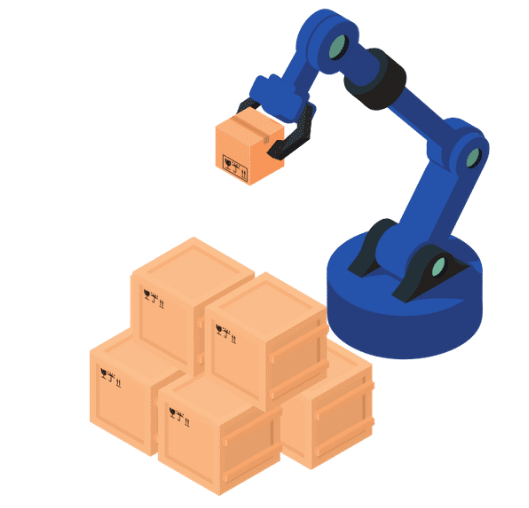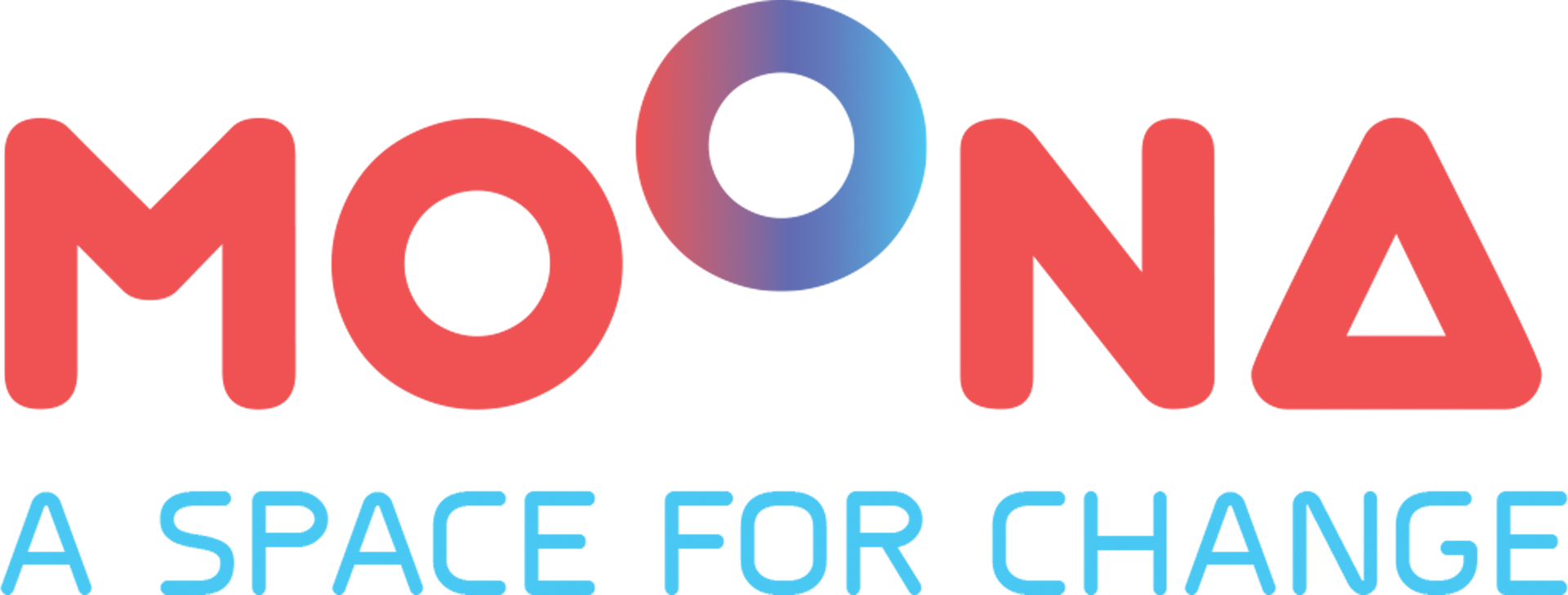Practical Training in Robotics and Advanced Manufacturing Technologies
The 'Starter to Industry' Training Course offers an in-depth study of the latest robotics and manufacturing technologies, providing valuable knowledge and skills for individuals seeking to enhance their expertise in this field. The course covers an array of essential topics, including robotics applications, software programming, project planning, integration and testing, and the Internet of Things (IoT). Practical training is also provided in advanced technologies such as Solidworks, 3D printing, CNC, machine vision, Unitronics programmed controllers, smart cameras, and pneumatics.

Along with technical knowledge, we also emphasize the development of soft skills such as critical thinking, problem-solving, communication, and time management. We prepare individuals for the job market by offering comprehensive training in creating strong resumes, networking techniques, and simulated job interviews. Our graduates leave the program equipped with a well-rounded understanding of the latest technologies in robotics and manufacturing, as well as the skills and knowledge needed to succeed in the workforce.
Bridging the Job Market Gap through Regional Collaboration
In Israel, there are numerous manufacturers of tangible products - ranging from dairy items to glassware - who are keen to incorporate advanced manufacturing practices into their production processes. This particular segment of the high-tech economy has the potential to create three times more job opportunities than software/programming companies that are usually associated with high-tech. What's more, these manufacturers are spread across various cities, towns, and agricultural communities in both the central and peripheral regions of the country - not just limited to Tel Aviv.
Currently, there exists a significant gap between manufacturers' ability to integrate advanced manufacturing disciplines and approaches into their factories and fresh engineering graduates' ability to secure employment in this process. This is a market failure that has resulted from decades of competition with cheap manufacturing abroad. The loss of these connections between academia and industry has contributed to the decline of accredited trainee programs, which were once a reliable path for local colleges to prepare graduates for careers in the industry. Sadly, these relationships have significantly weakened, leaving hundreds of engineering graduates every year with no connections to the industry and inadequate experience to secure entry-level positions.
Moona's program, developed in collaboration with Israel's Ministry of Economy and the German Federal Foreign Office, offers a solution to the job market failure. The program provides trainees with real-time production line and development experience and guarantees job placement through the help of HR staff and regional partners.
The program's vision emphasizes the importance of a regional ecosystem that includes manufacturers, job placement programs, and economic development budgets. By working together, these local "clusters" ensure successful job placement for graduates. 'Starter to Industry' has proven to be an effective platform for regional collaboration, which not only benefits the graduates but also boosts the local economy.
Prototypes
Prototype development is an essential component of our program, where students gain hands-on experience in bringing their ideas to life. They learn how to apply fundamental principles of design, engineering, and computer science to the development of real-world solutions. Our faculty of experienced professionals is dedicated to helping students take their concepts from initial design through to final production.
Hygienic Testing Control Station for Manufacturing Pipe Connectors
Our 23rd robotics and automation course was given a challenge by HAM-LET Group, a prominent manufacturer and supplier of instrumentation solutions, valves, fittings, and systems for the ultra-high purity and process industries. In response, our students developed an automated system that drastically reduces the workload of workers performing visual inspections on ultra-clean piping connectors. With a 60% reduction in manual inspection time, testers can now work under improved conditions with greater comfort. Our trainees leveraged existing work and expertise to deliver this advanced product in record time, building a system with a robotic arm and a high level of automation that drastically reduces the detection time to just 0.1 seconds. This prototype can be easily adapted from this sample inspection format to a full production line format with trays featuring hundreds of items at a time.
Fluid Volume Sensor Production Line Control Station
The video showcases a completed project in which the course focused on quality control of electronic components using computer vision, with the assistance of a robotic arm from Universal Robots, a Unitronics controller, and a Cognex camera. The goal was to determine if the items produced are in good condition. The mechanical arm feeds the sensor chips onto the line where they are scanned by the smart camera for defects. In the event a defect is detected, the faulty part is pushed off the line by the metal pillars and onto an adjoining trough. Control stations (which filter manufacturing lines for quality) are a standard in industry and a recurring final project for our trainee cohorts.
Box Sorting Machine
This prototype of a box sorting machine utilizes advanced technologies including a Cognex-IS2000 smart camera, Unitronics V350 TRA22 PLC controllers, a Creality Ender Pro 3 3D printer, a YQ1290 Laser Cutter, a OneTie 17MD4001-28M motor, and more. The machine sorts boxes according to their size with precision and accuracy.





